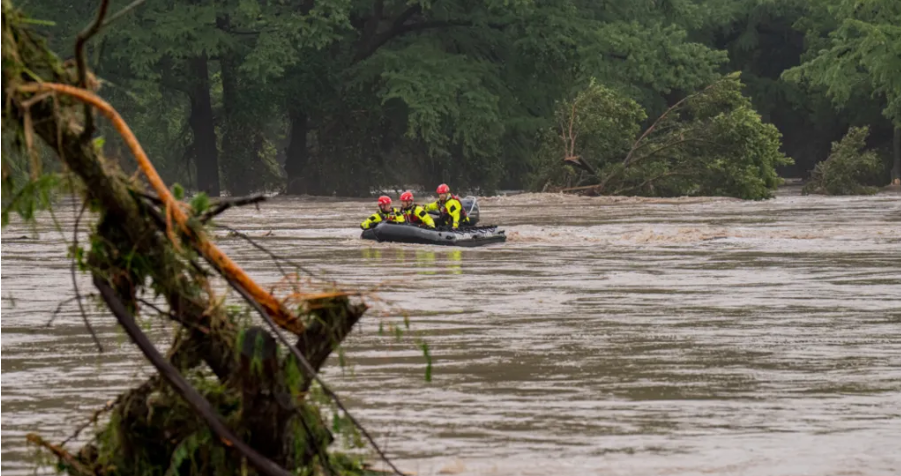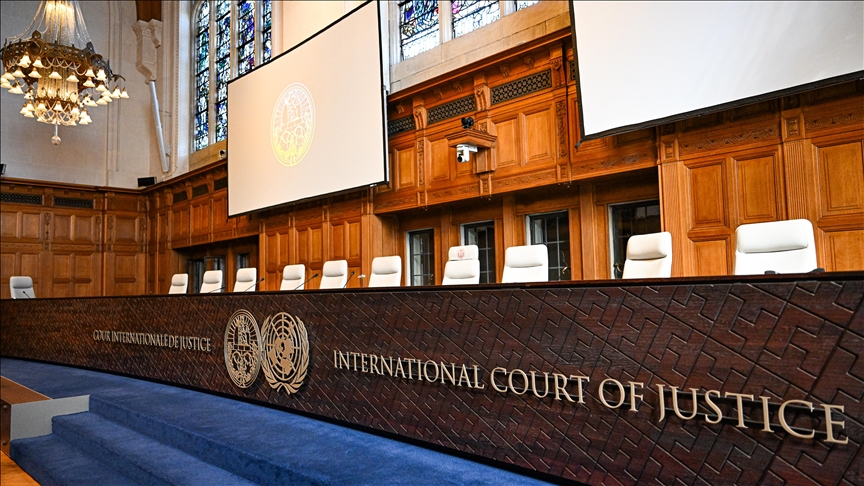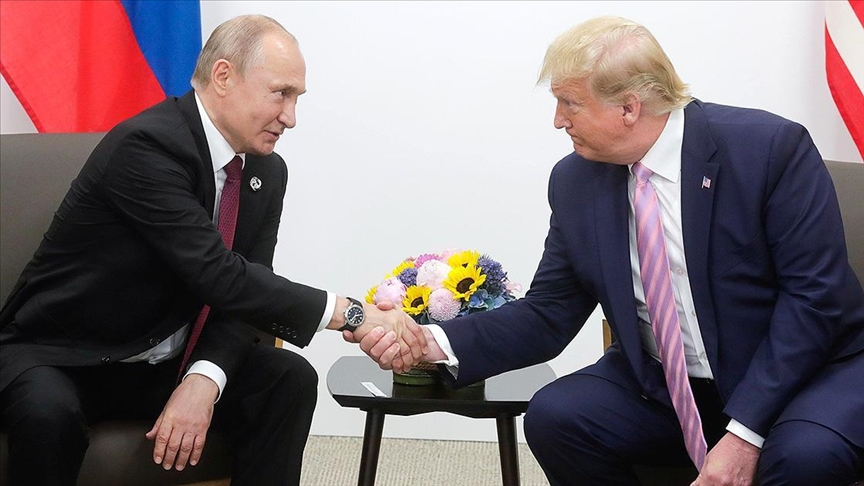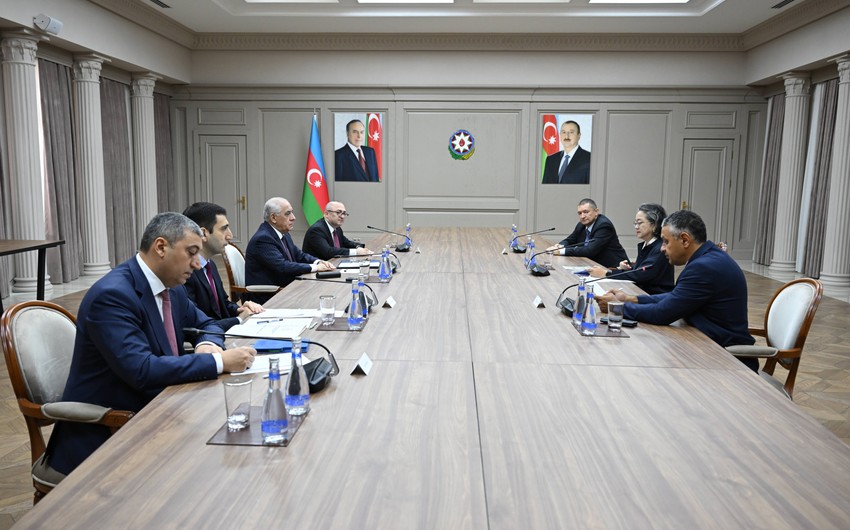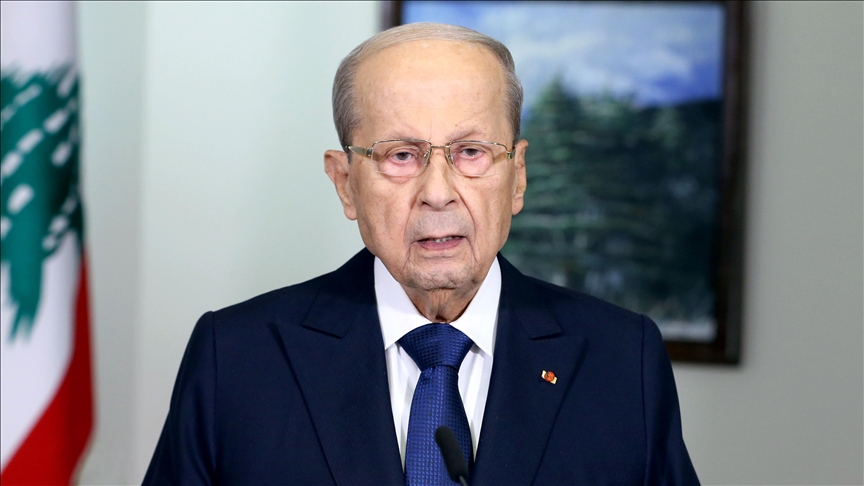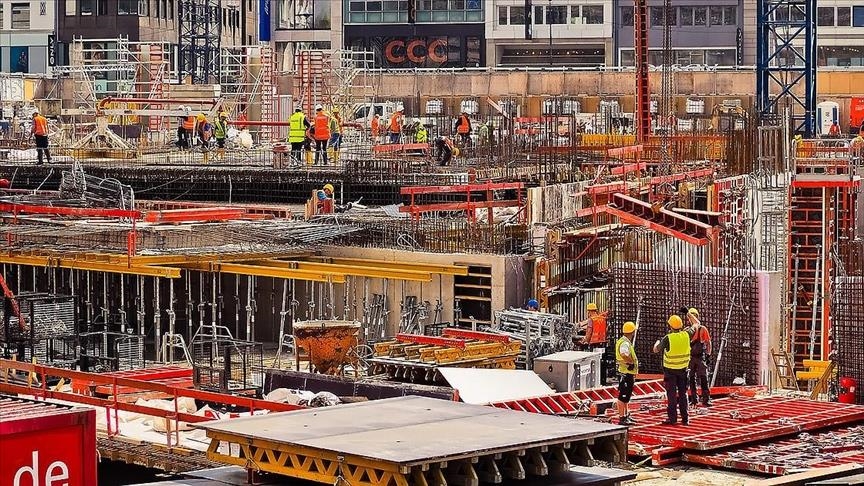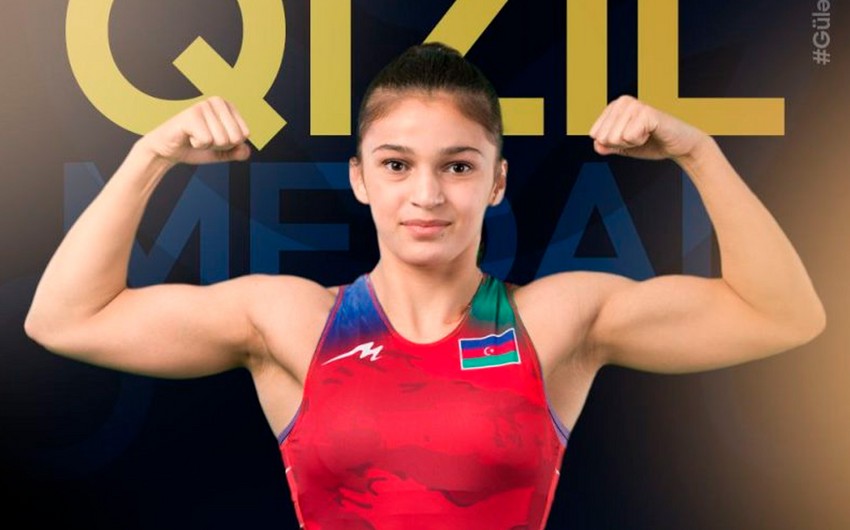Chinese President Xi Jinping in the Tajik capital Dushanbe made a statement last week at the fifth summit meeting of the Conference on Interaction and Confidence-Building Measures in Asia(CICA).
He called on CICA members to uphold “the vision of common, comprehensive, cooperative and sustainable security, and explore a regional security structure with Asian features to realise collective security for Asia.”
He also made a similar call at the previous CICA summit in 2014. Other leaders also made reference to this idea but, on the whole, support remained to lip service.
Turkish media commented that the Chinese leader was proposing a NATO-like structure, but there are no signs indicating that his proposal meant to go that far. NATO was created in the aftermath of the World War Two to ward off the threat posed by the Soviet Union. Some of the CICA countries may perceive a threat from the United States, but there is no common threat directed at all CICA countries at the same time. Therefore, there is no sufficient incentive for them to initiate common action to create a regional security structure.
Turkish President Recep Tayyip Erdoğan made a similar statement at the fifth CICA summit, though with less emphasis, on the security structure to be created.
“We believe that our cooperation should be deepened. For this purpose, structuring various organs and expanding the efforts could be the next step. Altogether we must take more ownership of CICA,” he said.
The CICA summit coincided with another issue: Turkey-U.S. tensions over Turkey’s purchase of the Russian-made S-400 air defence system. The two issues are unrelated, but still affect each other indirectly, because one is about creating a defence structure in Asia, which will consider NATO as its opponent; the other is a tension between two NATO allies that weakens solidarity within the alliance.
Acting U.S. Defense Secretary Patrick Shanahan, before resigning his post, sent a letter to his Turkish counterpart, warning Ankara – in a less-than-diplomatic language - that it would be withdrawn from the programme to build F-35 fighter jets unless it dropped plans to acquire the Russian S-400 missiles.
The language used in this letter caused a strong reaction in Turkey and Turkish Defence Minister Hulusi Akar said in much politer words that; “the content of this letter does not suit the spirit of the alliance”.
Pentagon spokesman Eric Pahon, in an effort to repair the damage to Turkish feelings, said: “Russia is trying to create a crack in NATO solidarity. But this will not happen. We have to look at the multi-layered nature of the entire set of relations with Turkey. The U.S. appreciates Turkey. We should consider how deep these relations are. We are allies with Turkey for almost 70 years. We wish that Turkey gave up the purchase of S-400 and buy a NATO compatible system.”
In his response to Shanahan, Akar reiterated Turkey’s unease about the tone and the content of the letter and emphasised the importance of the continuation of dialogue based on friendship, mutual respect and efforts to find a solution to problems.
So the CICA summit and Xi Jinping’s reference to the creation of a regional security structure may have helped Turkey to defuse or tone down the tension with the United States.
A defence structure like the one outlined by Xi Jinping seems to be a distant target, but debating such a sensitive issue, or even simply raising it, in the CICA summit may be sufficient to disturb NATO strategists. It must be a nightmare for any military strategist to think of a defence structure composed of China, Russia, and India together with other Asian countries and Turkey, alienated from NATO, drifting towards this new structure.
Analysts in the Pentagon and in certain NATO countries may not be happy with Turkey’s attitude in the alliance, but the alternative is not any better for NATO and for Turkey.
Despite its conspiracy-theory-like content, this coincidence may have helped many military strategists in the NATO countries weigh once more the cost of keeping Turkey in NATO and that of alienating it.
Yaşar Yakış is a former foreign minister of Turkey, and a former ambassador to the U.N. offices in Vienna, Egypt, and Saudi Arabia.


